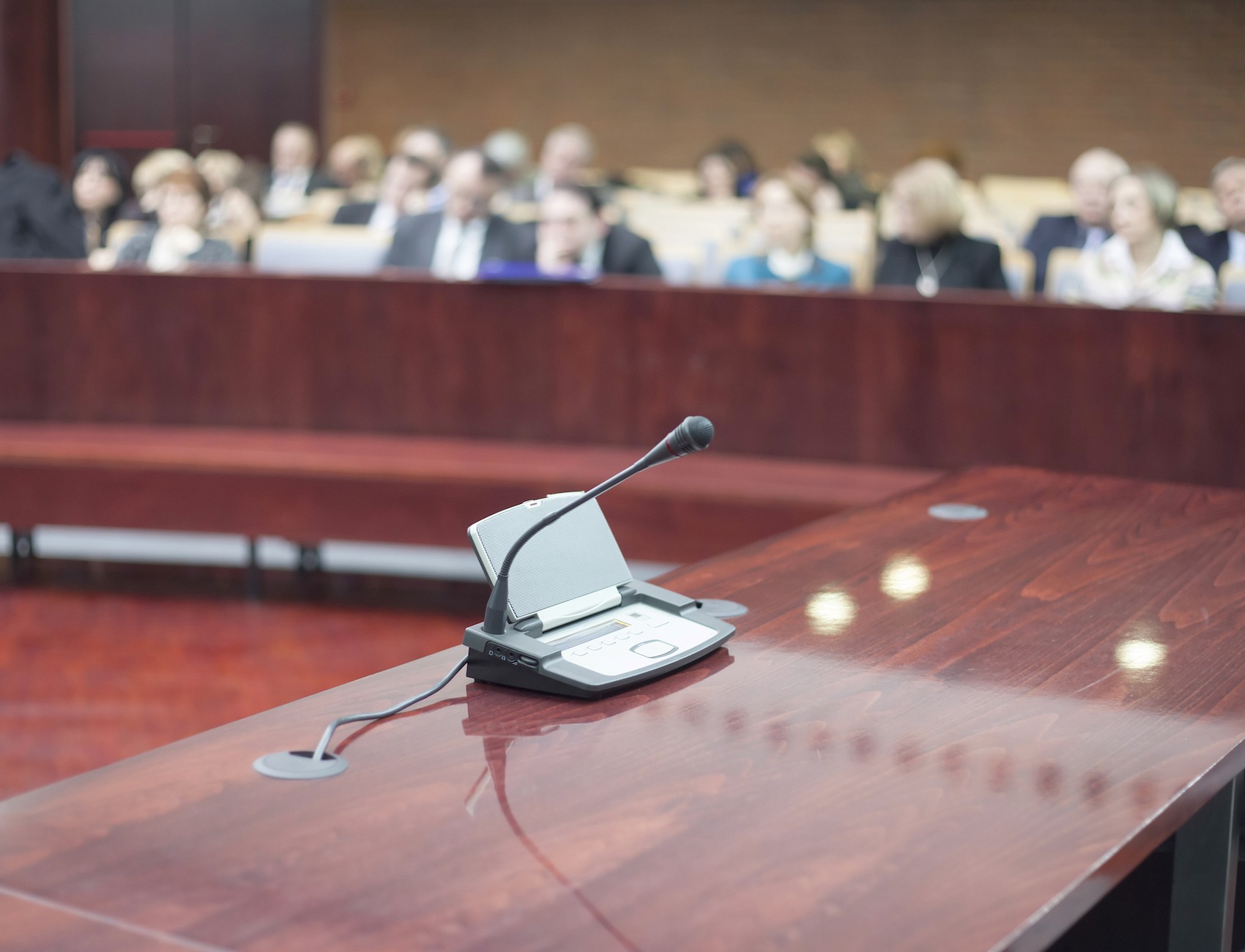Why Juries Need Expert Help Assessing Jailhouse Informants
Informants are highly motivated to lie. But jurors don’t always have the information or skills to discern the truth.

In February 2010, I was asked to testify as an expert witness to educate a jury about jailhouse informants, the focus of much of my work.
The case, State of Connecticut v. Leniart, was a grim one: an awful, violent, depressing case involving murder, rape, and a missing body. It is the kind of case for which convicted defendants often receive life sentences and, therefore, the kind for which informants are richly rewarded when the government wins.
Most of the main witnesses in the case were informants hoping for a deal. One was the alleged accomplice—a convicted sex offender, serving 10 years for a different felony sexual assault. He admitted to raping the victim and testified to avoid being charged with murder himself. He also testified because the prosecutor promised not to oppose his early release if he cooperated. Three other witnesses were jailhouse snitches who claimed that the defendant personally confessed to them while in jail. Two of them admitted that they were testifying in order to get reduced punishment.
But the trial judge did not let me testify on behalf of the defense. She did not think that my expert testimony would help the jury, which ultimately convicted the defendant of capital murder.
On Sept. 10, the Supreme Court of Connecticut upheld that conviction and agreed with the trial judge’s decision: The Court concluded that jurors have all the tools they need to evaluate informants, since “the potential abuses associated with jailhouse informant testimony are generally engrained throughout popular culture.” In other words, the Court assumed that the jury was already well-informed about the many types of rewards given to jailhouse informants; how jailhouse informants gather and sometimes fabricate evidence; and how informants sometimes collude.
But all too often, jurors get it wrong.
Over 45 percent of innocent people on death row were convicted because of a lying criminal informant, according to a 2004 report from Northwestern University School of Law. “That makes snitches the leading cause of wrongful convictions in U.S. capital cases,” the report concluded. We know this because dozens of innocent defendants in these serious cases were eventually exonerated after jurors erroneously believed informant testimony.
Informants are highly motivated to give persuasive, believable testimony in exchange for their own freedom. They can also receive money, drugs, sex, food, and phone privileges when they cooperate with jail officials. Some scour the newspapers, pay other inmates for information, or get family members to pull court records so that they can come up with incriminating testimony against their cellmates. Some jurors may already know about these sorts of practices; many will not.
When uninformed jurors believe lying informants, it leads to wrongful convictions.
Recent psychological research also tells us that jurors are not terribly skilled at figuring out when informants are lying. According to one study, even when jurors are told that informants have deep incentives to lie, jurors often do not fully appreciate the significance of that information. Expert testimony could alert jurors to common misperceptions and mistakes and help them become better informant lie detectors.
More fundamentally, most jurors need educating because informants operate in a secretive, clandestine criminal world about which the government strongly resists disclosure. In its decision in Leniart, the Connecticut Supreme Court wrote that jurors do not need expert help, in part because informant problems “have been exposed by the media.” But it is precisely because the criminal system is so secretive about its own informant deals and debacles that investigative journalism has been crucial to uncovering its dysfunctions.
Secrecy threatens accuracy. When uninformed jurors believe lying informants, it leads to wrongful convictions. The Connecticut Supreme Court should have given the jury better tools to do the all-important job of figuring out the truth. But this case is equally disturbing for its sordid picture of informant culture. Most of the main witnesses in the case were incentivized with promises of reduced punishment for their own crimes. The accomplice was especially blunt. As he put it in his testimony, the government told him outright that people who commit murder and rape can walk away “with a slap on the hand” when they become informants.
The good news is that Connecticut passed landmark legislation in July, establishing new protections against jailhouse informant misuse. These include stronger disclosure requirements and mandatory pretrial hearings in rape and murder cases so that judges can screen out especially unreliable informants. These new provisions will make it easier for jurors to figure out whether informants are telling the truth.
Wrongful convictions are an obvious cost of using incentivized informants. But the problem runs deeper. Tolerating informant crime erodes the integrity of our justice system. To be sure, it can produce real benefits—think of the FBI mafia informants who helped dismantle the mob, or the corporate cooperators who brought down Enron. But the widespread, underregulated practice of bargaining with criminals over leniency takes an enormous civic toll. It sends the message that the most heinous crimes will be ignored in exchange for information. It announces that we are running, not a justice system, but a marketplace, and often an unreliable one at that. This is a terrible message to send to victims, to criminals, and to communities.
Alexandra Natapoff is Chancellor’s Professor of Law at the University of California, Irvine School of Law, and author of Snitching: Criminal Informants and the Erosion of American Justice. She also maintains the educational website Snitching.org.
